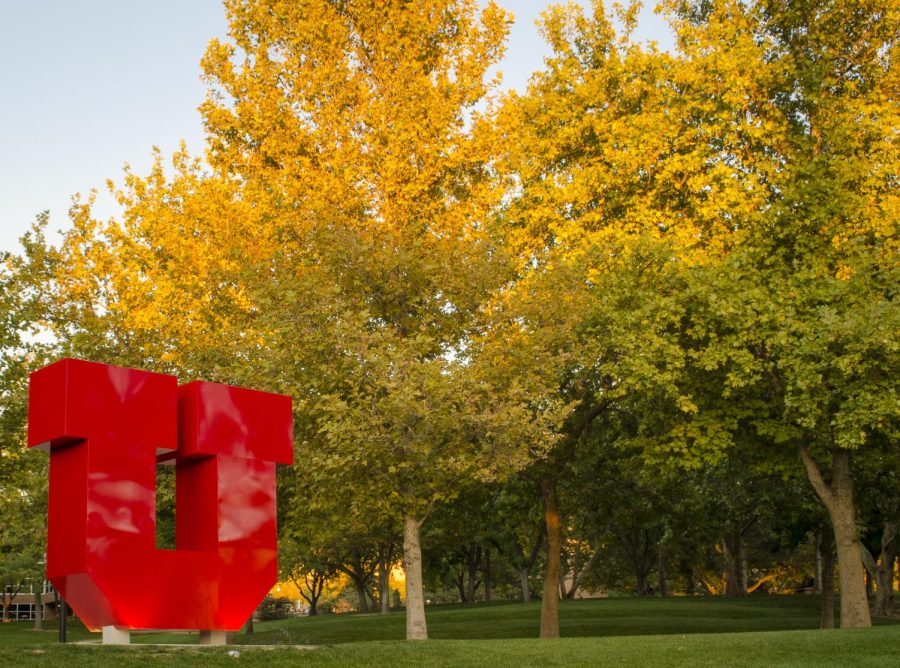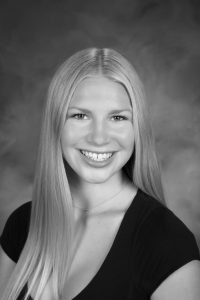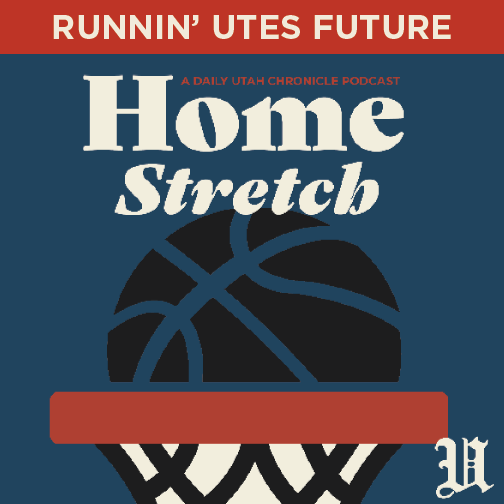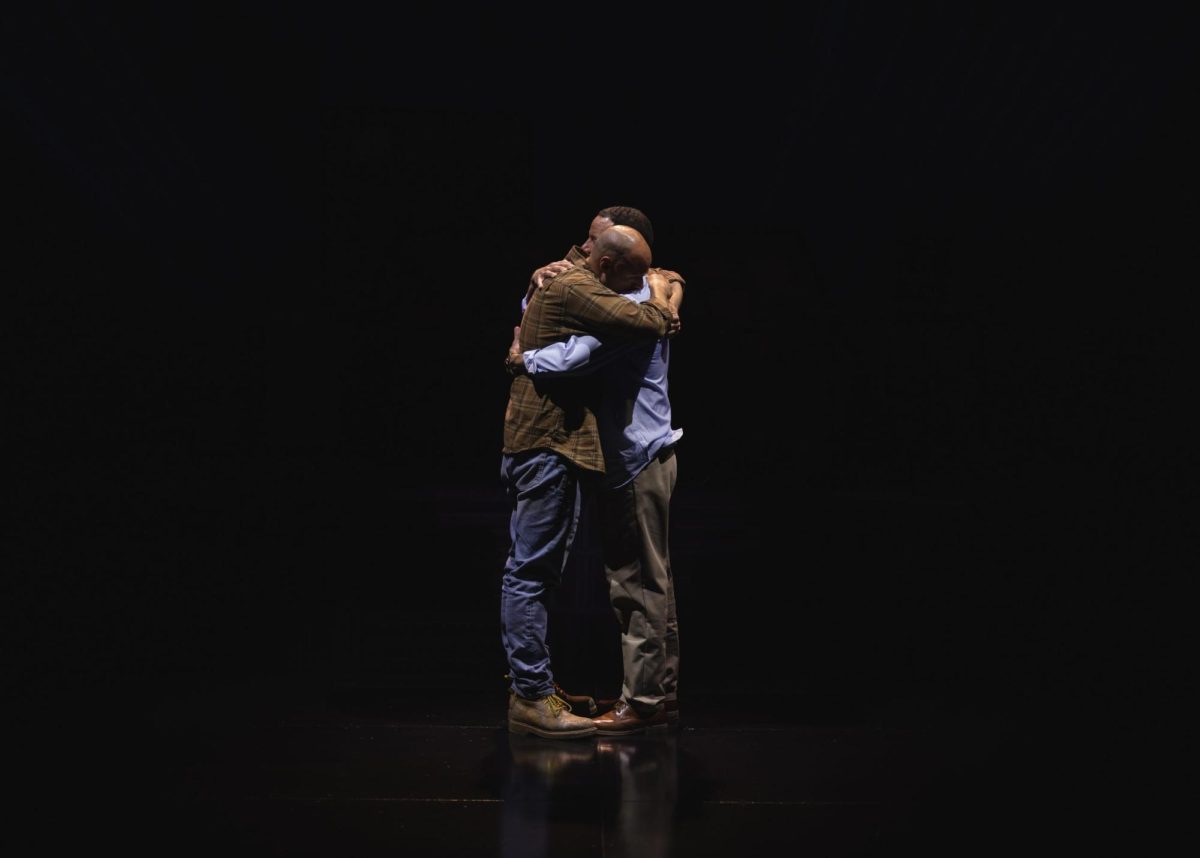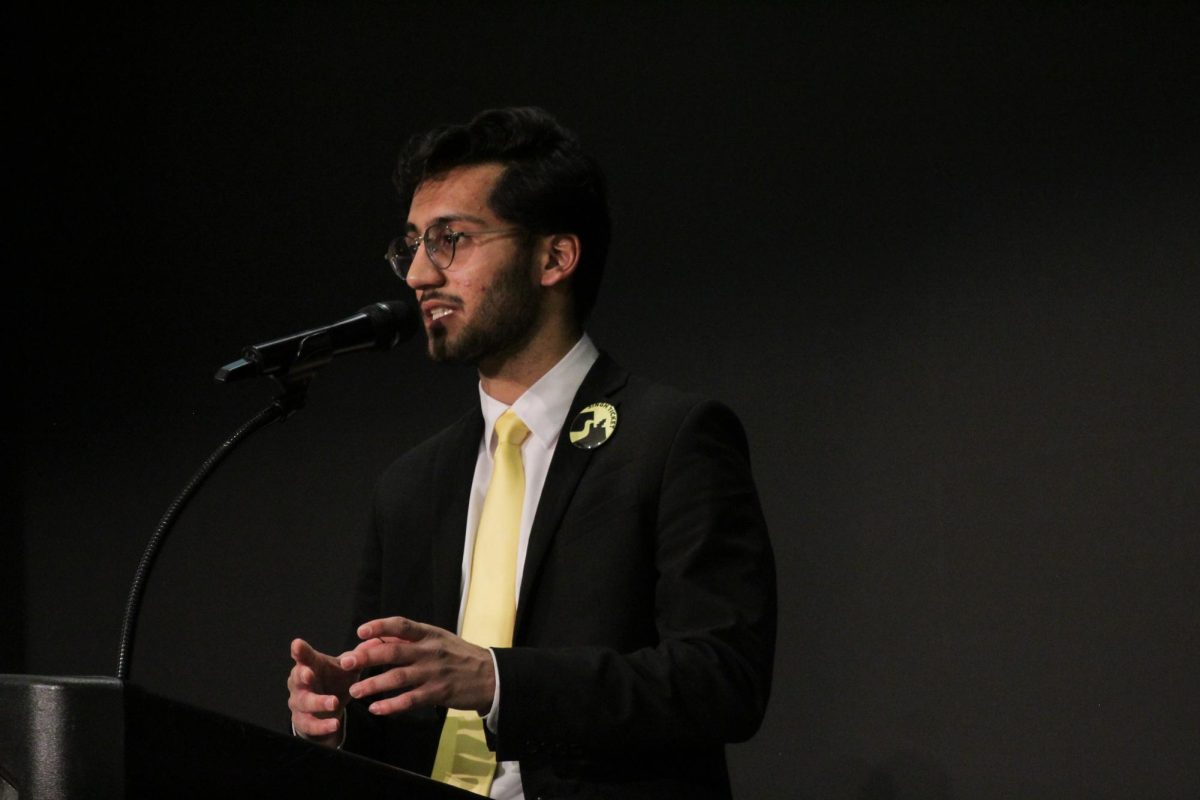Women’s Week Events Address Issues Surrounding Women and Policy
The Block U on the University of Utah Campus in Salt Lake City on Oct.9, 2014. (Photo via The Daily Utah Chronicle Archive)
March 18, 2023
Every year since 2013, the University of Utah has held a Women’s Week, and this year’s theme was “Making Public Policy Personal.” Throughout the week, the events held by the U focused on what happens when public policy becomes personal, and how people can support each other when policy has an intense impact on the lives of women.
This year’s Women’s Week comes at a time when state policies are being directed at women, said Paton Roden, a postdoctoral research associate at the U, and these events demonstrate the importance of women supporting each other.
“I think that Women’s Week is important and is especially timely given the legislation that has occurred recently because of women’s rights, and how important it is for women to feel comfortable with the gender issues that are out there,” Roden said.
During this year’s legislative session, a state bill was passed that would close all abortion clinics in Utah and further restrict access to abortion for victims of rape and incest.
The events throughout the week were designed to be inspiring for women, encouraging them to speak up and stand their ground over issues affecting them, Roden said.
“The focus this year was more on the policy piece, and I think that it really inspires women to have a voice and to realize that even though there are challenges out there, … the U provides a safe space where women can feel that they can come out to support other women and really focus on their own voice,” Roden said.
Many of the topics discussed during these events addressed difficult topics, said Mindie Clark, a Ph.D. candidate at the U studying health and kinesiology, and Women’s Week allows for there to be a safe space to hold these conversations.
“I think there’s a lot of good that’s happening in the world that is led by women or for women, and I think it’s good to have a space that celebrates that,” Clark said. “I think it’s also really important to have a safe and inclusive space that talks about these kinds of difficult conversations regarding women, whether it’s women’s health or women in policy.”
According to Roden, women from all different walks of life and backgrounds shared their experiences throughout the week, providing a unique point of view on issues that pertain to women.
“There were Indigenous women from the community who came in to talk about their own experiences within the Native American culture, and how being a strong woman can compliment but also provide some challenges for them,” Roden said.
The Women’s Week events also covered topics such as reproductive rights, Black hair and storytelling as a form of social activism, economic problems and more.
While many of the topics were difficult to discuss, talking about these issues sparked new and interesting conversations, Clark said, and seeing these issues from the perspectives of those who had experienced these challenges was eye-opening.
One of the events was a film screening of a documentary titled “Aftershock,” which Clark said talked about maternal mortality rates, specifically in minority communities.
“It was nice to kind of come together and it felt like a very supportive place to be to take in some heavy topics,” Clark said.
The women who attended the events had positive feedback to the messages being spoken about, Roden said, and each event had a high turnout with positive interactions taking place between attendees.
“I saw great interactions,” Roden said. “I saw high attendance at the events that I went to and great support. I think that a lot of women felt heard, and really felt that they had a place by attending these events.”
Many hours of planning went into creating Women’s Week, Clark said, and in the future, she hopes to see more attendance from people who don’t identify as women to show women that their hard work is seen and they are valued.
“I think there’s a lot of effort that is put into Women’s Week that isn’t always noticed or seen,” Clark said. “It would be awesome to get more buy-in from the community to attend the events, and for people to get to a place in their mind of ‘I’m not a woman, but it’s still important for me to show up to these events and learn about women and celebrate women.’”
Roden hopes that the students who participated in the Women’s Week events feel supported and empowered by the U, and know that they have a space to talk about issues affecting their everyday lives.
“The number one thing is that women feel supported at the U and feel that in challenges that they can come to mentors or other people at the U, whether it’s a faculty or staff member or a colleague, and feel that they are supported, that their voices are heard,” Roden said.


